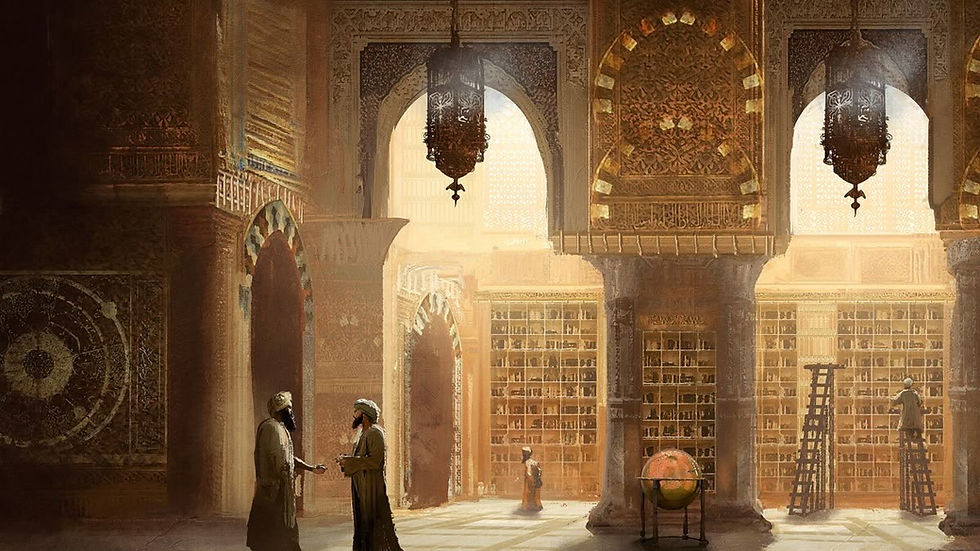The Human Brain vs. Artificial Intelligence
- Elines Botbol
- Dec 10, 2024
- 3 min read
The term artificial intelligence (AI) has become an integral part of our modern, technology-driven world. But what exactly distinguishes AI from human intelligence? This article explores the key differences between artificial intelligence and the human brain.
But first, let's take a look at the historical context of artificial intelligence. The idea of artificial intelligence has its roots in ancient times with Greek mythology telling stories of mechanical servants that show an early interest in artificial beings. In the 20th century, Alan Turing laid the groundwork for modern AI with the Turing Test. Known as the father of computer science, Turing suggested that a machine could be considered intelligent if a human communicating with it without seeing it, believed they were interacting with another human. These early ideas and experiments played a key role in the development of AI. The question of whether a machine can truly be intelligent and how to identify that intelligence has been debated since computers were invented. Although more advanced tests have been created since then, a clear standard is still missing. Interestingly even human intelligence does not have a precise definition. Turing thought intelligence was tied to habit and language famously predicting in 1950 that by the year 2000 people would consider it normal to talk about machines as "thinking."
Artificial Intelligence focuses on the development of computers and software in the research field of computer science that can perform human-like tasks. It also includes machine learning, image and speech recognition, decision-making, and problem solving. For this reason, artificial intelligence is a replica or imitation of human intelligence by computers. The human brain, on the other hand, is the organ responsible for guiding the human mind, enabling consciousness, thought, learning, planning, decision-making, and communication. Human intelligence is the result of millions of years of natural evolution. In fact, the comparison of the brain with the computer is not so easy. Of course, the computer controls machines just as the brain controls the organism.
Firstly, the most important difference lies in their core. Whereas AI is a result of human creation the human brain is a natural organ. AI is a machine-like construct capable of simulating reasonable processes whereas the human brain is an organic neural network that rules intelligence in humans. Secondly, one important difference between AI and human intelligence is how they learn. Humans start learning from a young age by experiencing, interacting with the world around them, and adapting to new situations. This learning helps develop important skills like perception, reasoning, decision-making and problem-solving which are essential for making flexible and adaptable decisions.
Thirdly, AI excels in areas dominated by logic and computation. AI systems can process information at incredible speeds, perform complex calculations, and analyze vast datasets with unmatched precision. They streamline repetitive tasks, uncover patterns, and make highly accurate predictions Furthermore, AI lacks the intuition, empathy, and subjective understanding that are fundamental to the human brain. It cannot fully understand the complexities of human emotions, motivations, or social dynamics. Additionally, AI systems rely on data and algorithms which makes them susceptible to biases and limitations inherent in their training data.
Another significant difference is intelligence. AI is built to carry out specific tasks and has limited mental skills whereas the human brain has overall intelligence and flexibility. The human brain can learn, reason, and make decisions encompassing different fields whereas AI is programmed for precise tasks and misses the variety and range of human intelligence.
In conclusion, AI and the human brain are not rivals but work together. While AI assists humans in carrying out tasks efficiently, it is the human brain that provides context and fosters creativity. The future is not about AI taking the place of human intelligence but about utilizing their combined strengths. By collaborating, humans and AI can create a future where technology enhances human abilities and tackles complex challenges, leading to a new era of progress and innovation.
Resources











Comments